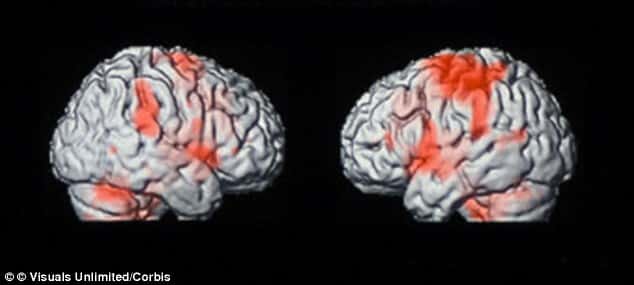Books are one the best friends to many people. In fact, many people have claimed that reading a special book has transformed their life. But lately, some researchers from Emory University in Atlanta, Georgia, have discovered that reading a novel with enjoy can make a real, measurable change in the brain and it can even change one’s life.
The researchers picked up a total of 12 students and gave them a thriller novel Pompeii, written by Robert Harris to read within 14 days. The novel is based on the eruption of Mount Vesuvius in ancient Italy. Researcher also told the the students that that they will observe them over the next 19 consecutive days.
For the first 5 days, the researchers performed base-line functional magnetic resonance imaging (fMRI) scans on the students’ brains while they were in a ‘resting-state.’ Then, over the course of 9 days, the students read specific portions of the novel until they completed it. They were instructed to read each assigned part in the evening and the next day, the students participated in a quiz in order to prove they had completed the assigned reading. After the quiz, they again underwent an fMRI scan during a non-reading, resting state. In the last 5 days, the researchers again used fMRI upon students while they were in ‘resting-state.’

Neuroscientist Gregory Berns, lead author of the study and director of the university’s Center of Neuropolicy, said, “Reading a novel can cause changes in the ‘resting-state’ of the brain, which can last for days. Stories shape our lives and in some cases help define a person. We want to understand how stories get into your brain and what they do to it. The neural changes that we found, associated with physical sensation and movement systems, suggest that reading a novel can transport you into the body of the protagonist. We already knew that good stories can put you in someone else’s shoes in a figurative sense. Now we’re seeing that something may also be happening biologically.”
The study of the researchers have been published in the journal Brain Connectivity.
Source: Daily Mail
[ttjad keyword=”portable-hard-drive”]




